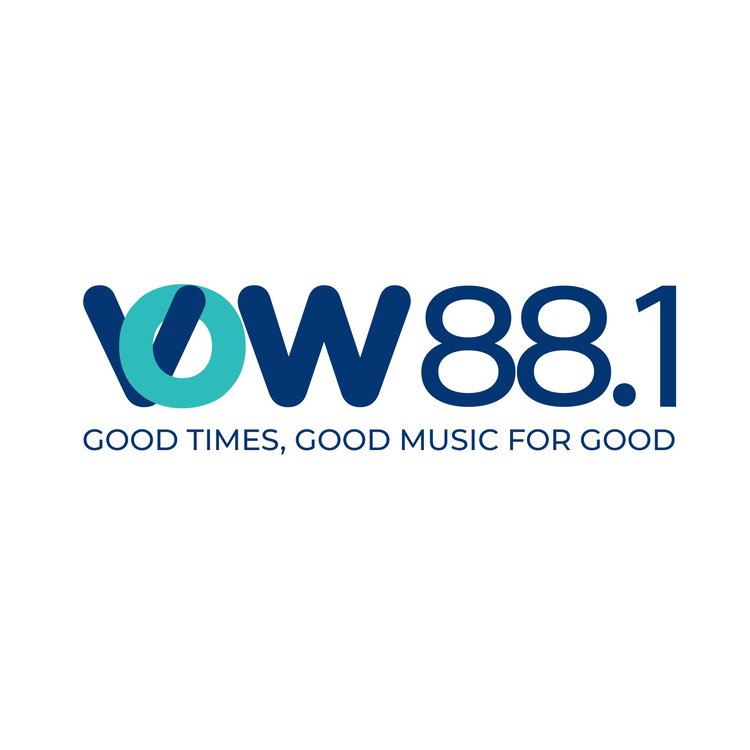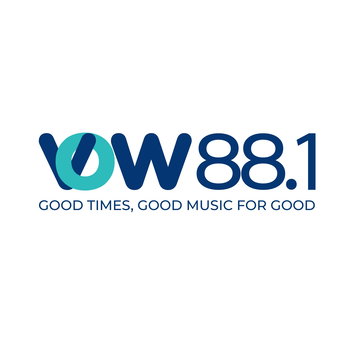
In Conversation With Seago Maapola Educational Psychologist.
Loading player...
According to UNESCO, children in Africa who learn to read in a familiar language are 30% more likely to read with understanding before they start high school. This is significant for South Africa where, as revealed by the Progress in International Reading Literacy Study (PIRLS 2021), 81% of Grade 4 learners across all languages cannot read for meaning.
Underscoring the gravity of the problem, the 2030 Reading Panel set up in 2022 by the government to track early-grade literacy, says that by Grade 6, when learners’ proficiency in the language of learning and teaching - either Afrikaans or English – is measured, almost 70% of learners have not developed grade-level reading skills.
These figures point to a country in crisis. Speaking at the recent Dialogue on Entrepreneurship Education, Basic Education Minister Siviwe Gwarube cautioned: "This is not just a reading problem, it is an educational emergency.”
Educational psychologist Seago Maapola agrees, saying an inability to read for meaning affects every subject in the curriculum, impacts their ability to perform academically and eventually amplifies societal inequalities. Children who cannot read with understanding by Grade 4 are unlikely to keep up with academic demands. The 2030 Reading Panel is unequivocal about the far-reaching implications of South Africa’s literacy figures: “The ability to read and write is one of the hallmarks of personal development required for economic progress.”
Underscoring the gravity of the problem, the 2030 Reading Panel set up in 2022 by the government to track early-grade literacy, says that by Grade 6, when learners’ proficiency in the language of learning and teaching - either Afrikaans or English – is measured, almost 70% of learners have not developed grade-level reading skills.
These figures point to a country in crisis. Speaking at the recent Dialogue on Entrepreneurship Education, Basic Education Minister Siviwe Gwarube cautioned: "This is not just a reading problem, it is an educational emergency.”
Educational psychologist Seago Maapola agrees, saying an inability to read for meaning affects every subject in the curriculum, impacts their ability to perform academically and eventually amplifies societal inequalities. Children who cannot read with understanding by Grade 4 are unlikely to keep up with academic demands. The 2030 Reading Panel is unequivocal about the far-reaching implications of South Africa’s literacy figures: “The ability to read and write is one of the hallmarks of personal development required for economic progress.”

